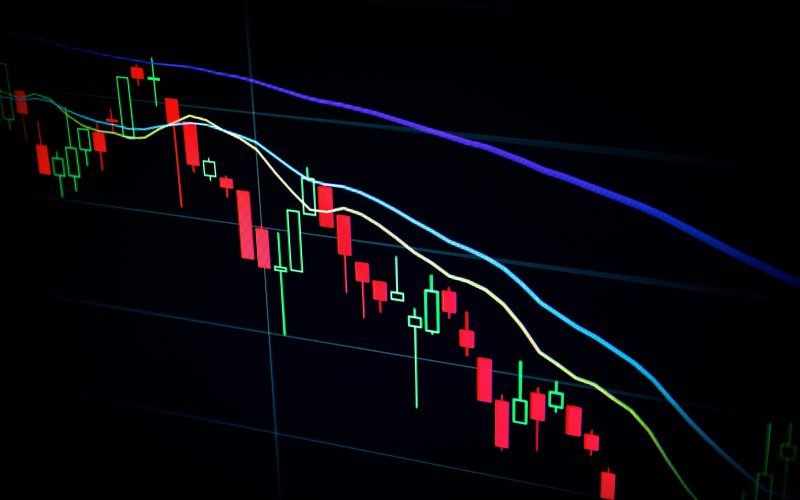In the fast-paced world of financial markets, two trading strategies have emerged as front-runners, each with its own loyal following: Day Trading and Swing Trading. As investors and traders look to maximize their returns, the question on everyone’s mind is, “Which strategy is more profitable?” In this in-depth analysis, we’ll dissect the world of day trading and swing trading to uncover the secrets behind their profitability.
Day Trading: Riding the Market Waves
Day trading is a high-octane strategy that involves buying and selling securities within the same trading day. Day traders, often equipped with powerful software and lightning-fast execution capabilities, aim to profit from short-term price movements. They thrive on volatility, relying on technical analysis, charts, and indicators to make split-second decisions.
The appeal of day trading lies in its potential for rapid gains. By harnessing the power of leverage, day traders can amplify their returns, sometimes doubling or tripling their initial investment in a matter of hours. However, this volatility can also lead to significant losses. For every success story, there’s a cautionary tale of someone who got burned.
Day traders often have their fingers on the pulse of the market, watching news headlines, earnings reports, and global events closely. This vigilance is essential for quick decision-making, but it can also be mentally exhausting.

Swing Trading: Capturing the Bigger Picture
Swing trading, in contrast, takes a more patient approach. Swing traders seek to capture price swings over a period of days to weeks, rather than minutes or hours. They base their decisions on both technical and fundamental analysis, aiming to identify trends and hold positions until they believe the market has moved in their favor.
The key advantage of swing trading is its flexibility. Traders have more time to research and plan their trades, reducing the pressure of constant monitoring. This approach can be less stressful, making it a popular choice for those who can’t dedicate their entire day to trading.
However, swing trading typically requires larger capital and carries a different kind of risk. Positions held overnight are susceptible to overnight market moves, news events, or earnings reports that can cause substantial gaps in price.
The Verdict: Profitability in Perspective
So, which is more profitable, day trading or swing trading? The answer is not straightforward. The profitability of either strategy depends on several factors:
- Risk Tolerance: Day trading offers the potential for quick profits but also exposes traders to higher risks. Swing trading can be less risky but requires patience and tolerance for potential drawdowns.
- Time Commitment: Day trading demands constant attention, while swing trading allows for a more balanced work-life-trading equilibrium.
- Capital: Day trading often requires a larger capital base due to margin requirements, while swing trading can be started with less.
- Skill and Knowledge: Success in either strategy requires a deep understanding of the market, technical analysis, and risk management.
- Market Conditions: Market volatility and trends play a significant role in profitability. Some periods may favor day trading, while others may favor swing trading.
In conclusion, the choice between day trading and swing trading ultimately depends on your individual circumstances, preferences, and risk tolerance. Both strategies can be profitable when executed with discipline and a well-thought-out plan. However, they also come with their unique challenges and risks. As with any investment, it’s crucial to thoroughly research, practice, and possibly seek professional guidance before diving into the world of trading. Profitability lies not only in the strategy but also in the skill and mindset of the trader.












